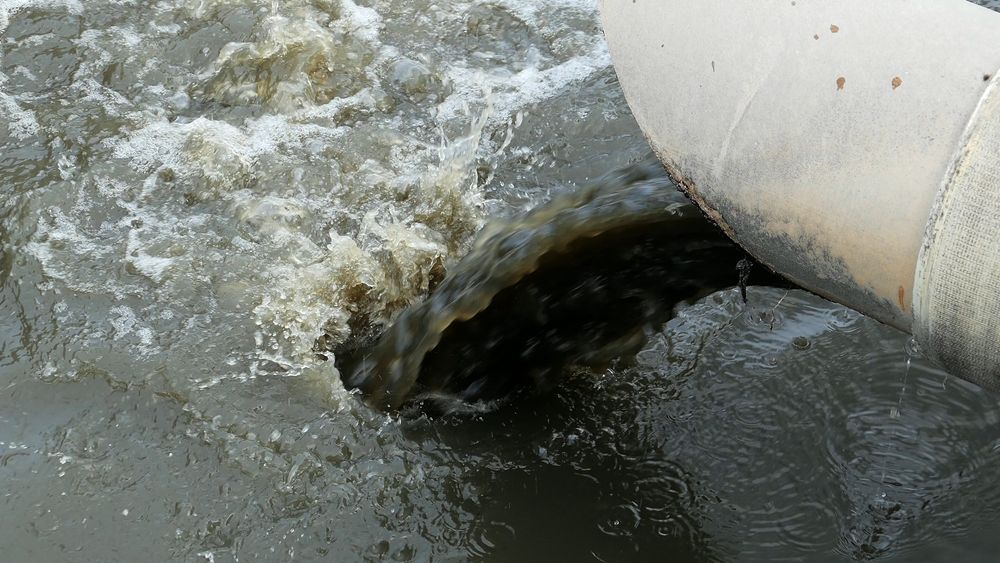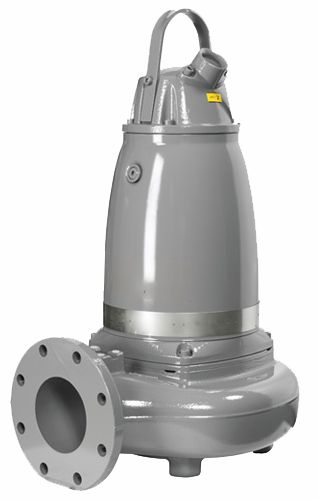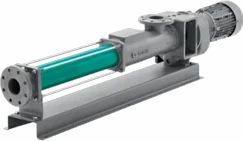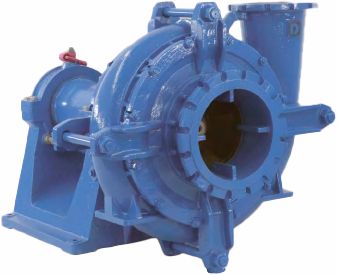waste
water
Wastewater pumps are essential for transporting wastewater from homes and businesses to water treatment plants. They must be reliable and efficient to avoid clogging.
Our customers rate us 8,6  based on 136 reviews
based on 136 reviews
crucial role of industrial pumps
Waste water treatment
Wastewater treatment is an important process for protecting our environment and maintaining clean water. Waste water is produced in many industrial processes and it is very important to treat it responsibly. This is where industrial pumps come into the picture.
Industrial pumps play an important role in wastewater treatment. They are used to transport and filter the waste water. This means that the cleaner water can be returned to nature or reused in the production process.
Various pumps suitable as waste water pump
There are different types of industrial pumps that can be used in wastewater treatment. Below is an overview of the most commonly used:
- Centrifugal Pumps: These pumps are suitable for transferring large volumes of water and are efficient at moving liquids with little contaminants.
- Submersible pumps: These pumps are specially designed for underwater use and are effective at moving wastewater with high concentrations of contaminants.
- Progressive Cavity Pumps: These pumps are suitable for transferring fluids with high viscosities and are effective in removing stubborn contaminants.
- Pressure pumps: These pumps are suitable for transferring liquids at high pressure and are effective in removing contaminants from wastewater.
- When choosing the right industrial pump, it is important to take into account the specific requirements and challenges of the wastewater treatment process. This ensures that the wastewater is treated responsibly and that the environment and clean water are protected.
In addition to transporting wastewater, industrial pumps also play a role in other aspects of wastewater treatment, such as pre-treatment and shut-off.
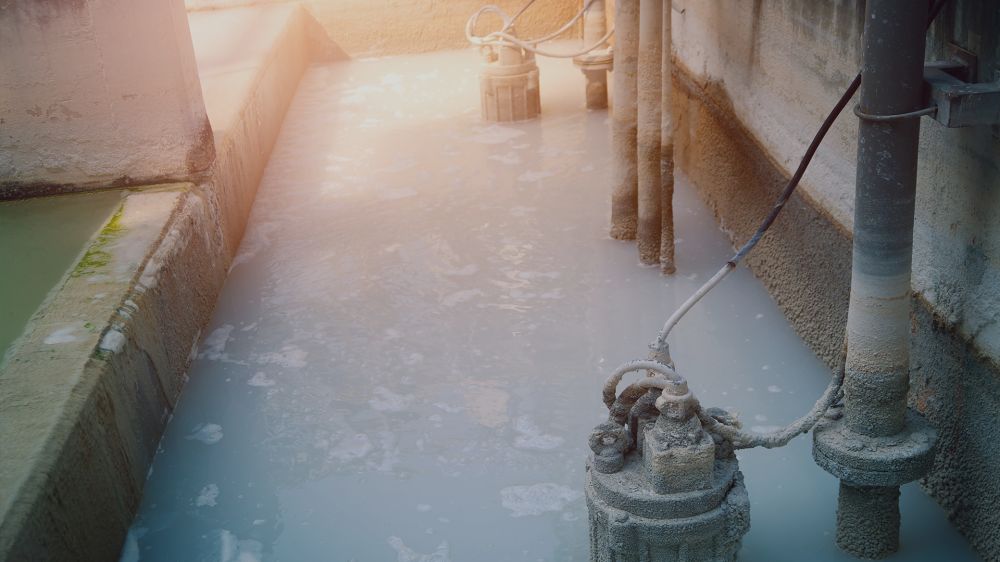
Our clients


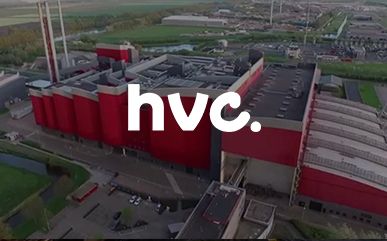


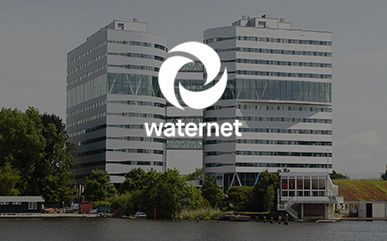
Outstanding and accessible customer support at every touch point!
Deployment is perfect and very service-oriented. Both by phone, during planned realisation and unplanned breakdowns.
Project leader RGR at waste contractor in the Netherlands.
Rating: ⭐⭐⭐⭐ 4/5
Excellent experience with IPG: professionalism, quality and proactive problem solving!
As a work planner, I experience IPG as very professional. They strive for quality, think about improvements and fix breakdowns quickly to minimize downtime.
Work Planner at a water authority.
Rating: ⭐⭐⭐⭐⭐ 5/5
A reliable partner with outstanding service and customer-oriented advice!
I experience IPG as a very good partner, a company that values service, and thinks and advises with the customers.
Technical Service Work Planner at waste management company in the Netherlands.
Rating: ⭐⭐⭐⭐⭐ 5/5

Without obligation
Contact us
learn more about wastewater
Various wastewater processes
Pre-treatment is the process of preparing the waste water for further treatment. The contaminants are removed and the wastewater is prepared for filtration. Different types of industrial pumps can be used in this process, depending on the specific requirements and challenges of the wastewater treatment process.
Closure is the process of discharging the treated wastewater. This ensures that the waste water does not flow back into the environment and that it is disposed of in a responsible manner. Industrial pumps play an important role in transporting the treated wastewater to the right location for disposal.
In addition to its role in wastewater treatment, industrial pumps can also be used in other applications, such as water treatment and water distribution. This makes it important to invest in high-quality industrial pumps in order to guarantee efficient and responsible water processing.
